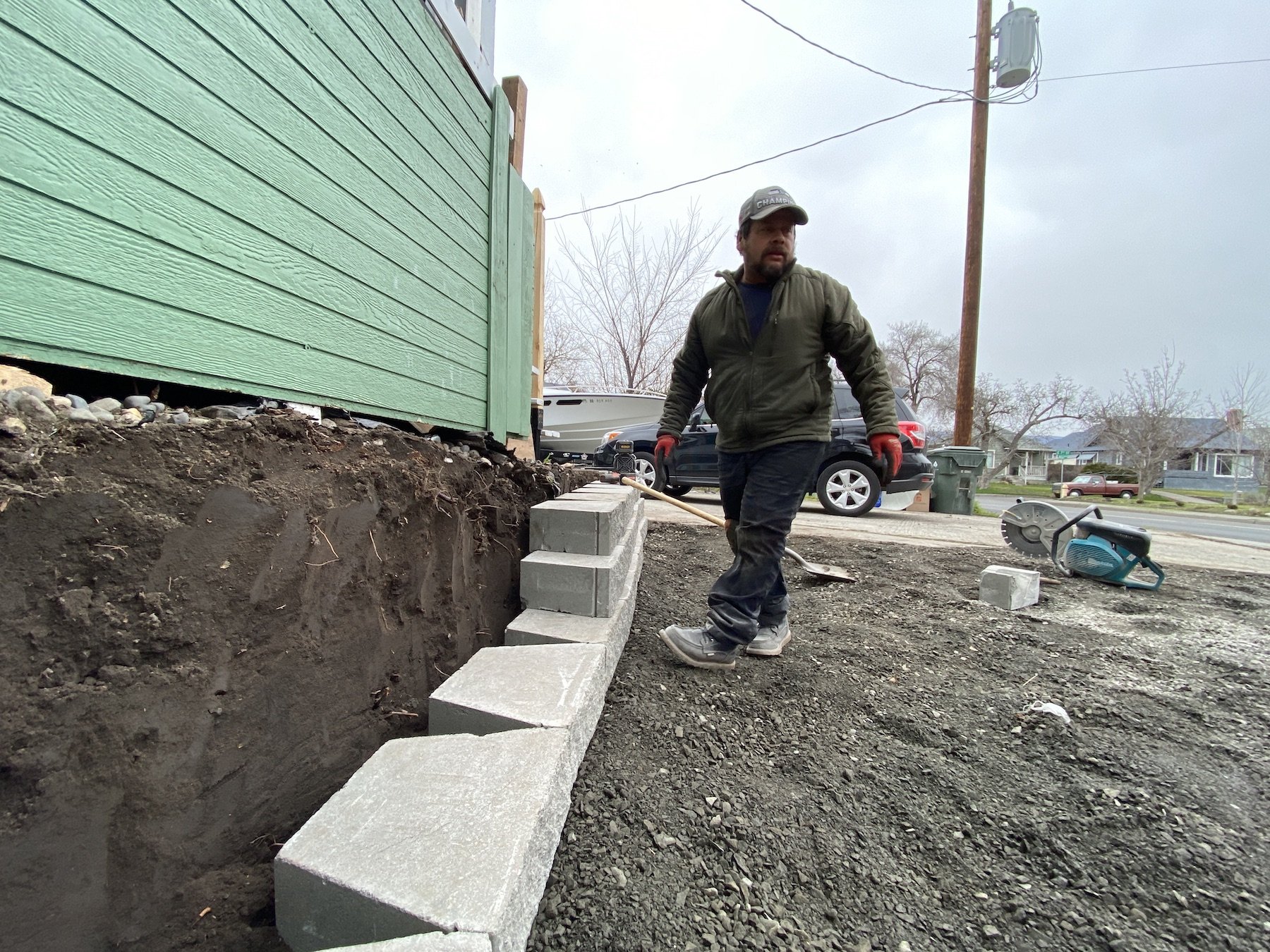Teachers ask D21 Board for relief from student behavior; 'We are not able to continue...'
By Ken Park
The Dalles, Ore., March 8, 2024 — A North Wasco School District teacher and executive president of the District 21 Education Association made an impassioned plea to the North Wasco School District Board during its Feb.22 meeting, calling on the board to do something to help teachers deal with disruptive learning in the classroom.
Jodi Ketchum made a similar plea to the board in March 2023 regarding the impacts of disruptive learning in class.
“As I stated back in March 2023, we feel very strongly that disruptive learning needs to be one of the highest priorities for building and district-level administrators,” Ketchum said. “While we have made some strides, it is almost insufficient. Many of the recommendations we made a year ago are still excellent and viable options that we feel must be pursued.”
Ketchum outlined some of the disruptive behaviors that teachers have endured in the classroom over the years. They included verbal abuse such as screaming and threats made to teachers and other students, physical abuse such as hitting, kicking, and throwing objects in the classroom, and overall classroom destruction.
“Across all of our schools and grade levels at North Wasco, the disruptive learning environment continues to be a top concern,” Ketchum said. “We are not able to continue in this state of unrest; it is not sustainable or ethical for our staff and students to not have their basic need for safety met.”
According to North Wasco School District Superintendent Dr. Carolyn Bernal, the district has adopted and begun to implement a number of initiatives to help minimize disruptions in the classroom, including the appointment of a Director of Prevention and Intervention.
“While this is still a relatively new position, we believe that this role will be pivotal in developing and implementing evidence-based prevention and intervention programs across our schools,” Bernal said in an email.
Bernal explained that these new programs are designed in collaboration with classroom teachers, and are aimed at improving, and sustaining, behavior management and reducing instances of disruption.
“This year we introduced two specialized classroom programs, the TLC (Therapeutic Learning Center) and the LRC (Learning Resource Center). These programs offer tailored interventions and accommodations for students requiring tiered interventions or specialized support for intellectual disabilities, ensuring that every student has the opportunity to thrive academically and socially,” Bernal said.
Additional enhancements across the district include expanding support structures, particularly in the elementary schools with the appointments of Assistant Principals and Social Emotional Learning Assistants.
“These measures provide essential administrative as well as emotional support so that we can better address behavioral challenges promptly and holistically,” Bernal said.
Across the district teachers and staff have been trained in Restorative Practices that focus on conflict resolution and harm reduction.
“Restorative Practices isn't just a program—it's about creating a community culture where relationships thrive, schools feel safe, and everyone's social and emotional skills get a boost,” Bernal said. “Restorative practices aren't all about ‘fixing things’; it's more about building, changing, and growing. It doesn't replace discipline—it just adds to it by making sure everyone's learning and growing from their mistakes.”
At the Middle and High School level, Restorative Practices are used by the counselors and administrators who receive specialized training in restorative conferences.
“These conferences provide a structured framework for addressing severe harm within the school community, offering all parties involved an opportunity to collaboratively develop a plan for moving forward. While such situations are rare, restorative conferences enable participants to gain a deeper understanding and appreciation for one another, fostering reconciliation and maintaining the dignity of all individuals involved,” Bernal said.
Bernal also noted in the email that this kind of work and the systemic changes it can have do not occur overnight and can take years to be successful.
Bernal also stated that the district has also opted into an Oregon Department of Education program process that secures grants to supplement the district's existing behavioral and academic resources.
“This sustained funding ensures ongoing support for identified areas of improvement, such as the Director of Prevention and Intervention, enabling us to implement long-term solutions that address disruptive learning effectively,” Bernal said. “This hugely collaborative program currently has over 34 committee members including students, staff, parents, and community members to help identify and address key areas of need in our district.”
Support Local News
Available to everyone. Funded by readers.


